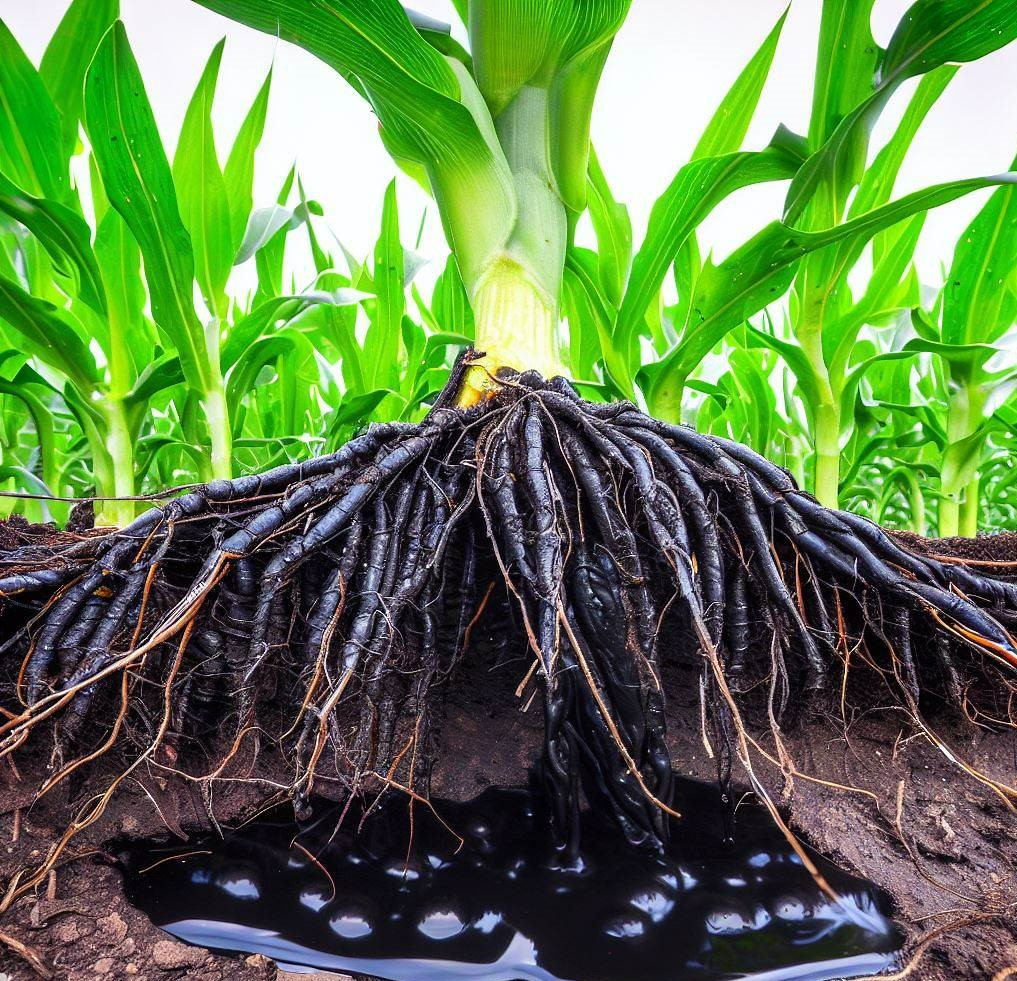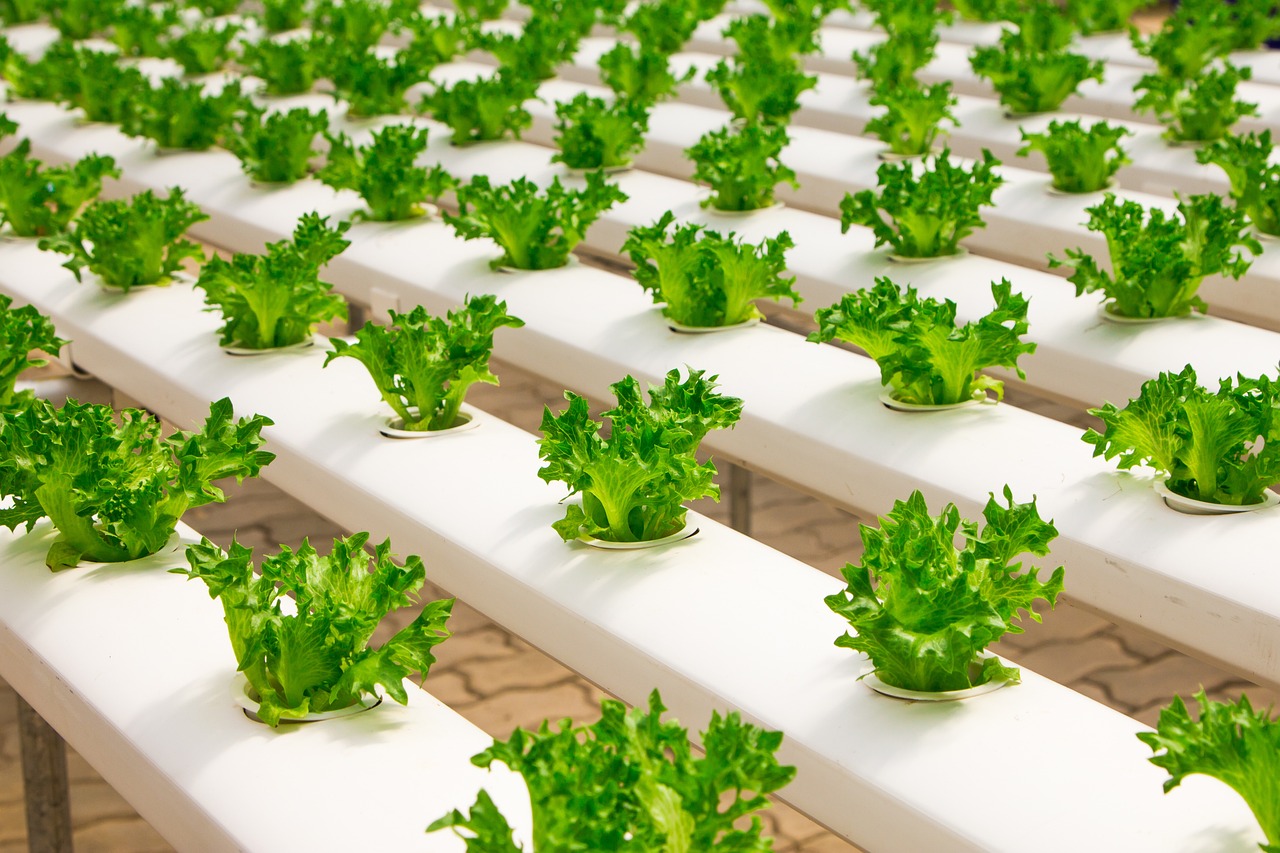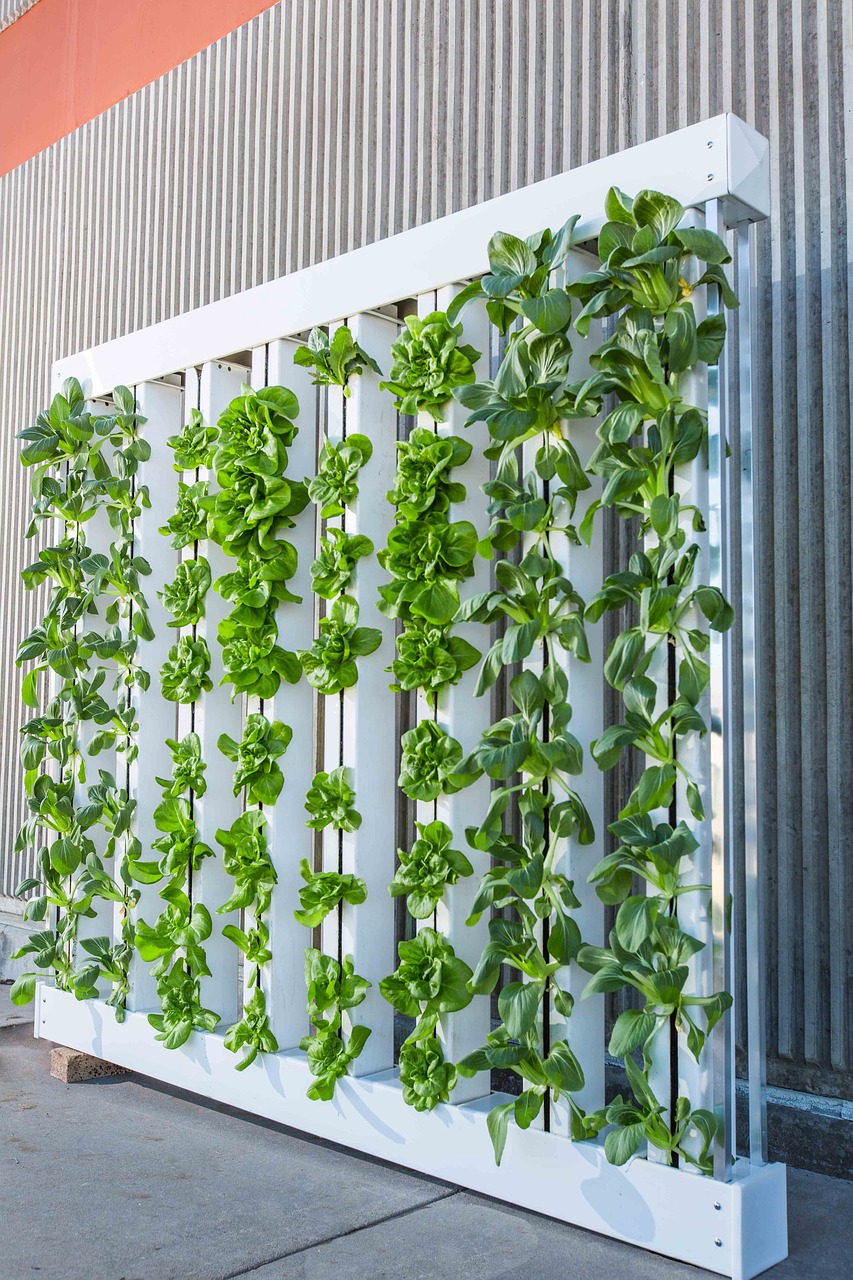Hydroponics
- humicas
- Hydroponics
Services List

Need Help! Get in touch quickly

A Revolution in Agriculture
Hydroponics is a cutting-edge method of growing plants without soil, using nutrient-rich water solutions to deliver essential nutrients directly to the roots. This soilless technique allows for efficient resource use, faster plant growth, and higher yields. Ideal for controlled environments like greenhouses or vertical farms, hydroponics is becoming an essential practice in modern agriculture, especially in areas with limited arable land or water resources.
The success of hydroponics relies on precise nutrient management and the health of the growing medium. Leonardite, a natural organic material rich in humic and fulvic acids, is an excellent addition to hydroponic systems, enhancing nutrient uptake, plant resilience, and overall productivity.
Hydroponics is transforming agriculture by addressing critical challenges such as food security, resource scarcity, and environmental sustainability. Its advantages include:
- Efficient Resource Use: Requires up to 90% less water compared to traditional farming.
- Faster Growth and Higher Yields: Plants grow 25–30% faster in hydroponic systems due to direct access to nutrients.
- Space Optimization: Can be set up in urban areas, rooftops, or vertical farms, maximizing space efficiency.
- Minimal Soil Dependency: Eliminates the challenges of soil degradation, pests, and diseases.
- Environmental Benefits: Reduces chemical runoff and minimizes agricultural land use.
Leonardite’s Contribution to Hydroponics
1. Enhancing Nutrient Efficiency
Leonardite improves the effectiveness of hydroponic nutrient solutions by:
-
Chelating Nutrients: Humic and fulvic acids in Leonardite bind with essential nutrients like calcium, iron, and magnesium, making them more bioavailable to plants.
-
Preventing Nutrient Loss: Stabilizes nutrients in the water solution, ensuring they remain accessible for plant uptake.
-
Supporting Balanced Nutrition: Ensures plants receive consistent levels of macro- and micronutrients.
2. Promoting Root Health and Growth
Leonardite is vital for robust root development in hydroponics:
-
Stimulating Root Elongation: Enhances root growth, allowing plants to access nutrients and water efficiently.
-
Strengthening Root Systems: Improves plant resilience against environmental stressors like salinity and pH fluctuations.
-
Reducing Root Stress: Acts as a buffer, creating a stable and optimal environment for root systems.
3. Boosting Plant Growth and Resilience
Leonardite supports healthier and more productive plants by:
-
Accelerating Growth Rates: Enhances nutrient absorption, leading to faster growth cycles.
-
Improving Stress Tolerance: Helps plants withstand environmental changes, pests, and diseases.
-
Enhancing Crop Quality: Promotes higher yields with improved flavor, color, and nutritional value.
4. Supporting Sustainable Hydroponic Practices
Leonardite aligns with the sustainability goals of hydroponics by:
-
Reducing Chemical Dependency: Provides natural chelation and nutrient management, lowering the need for synthetic additives.
-
Improving Water Quality: Prevents nutrient precipitation and keeps the solution stable, reducing waste.
-
Supporting Eco-Friendly Farming: Enhances plant growth naturally, minimizing environmental impact.
Leonardite is a powerful addition to hydroponic farming, enhancing nutrient efficiency, promoting strong root development, and improving plant health. Its humic and fulvic acids ensure consistent nutrient availability, leading to faster growth, higher yields, and better-quality crops.
In addition to boosting productivity, Leonardite supports sustainable practices by reducing chemical dependency and minimizing waste. Its natural benefits make it an essential tool for eco-friendly, efficient hydroponic systems that deliver exceptional results.

